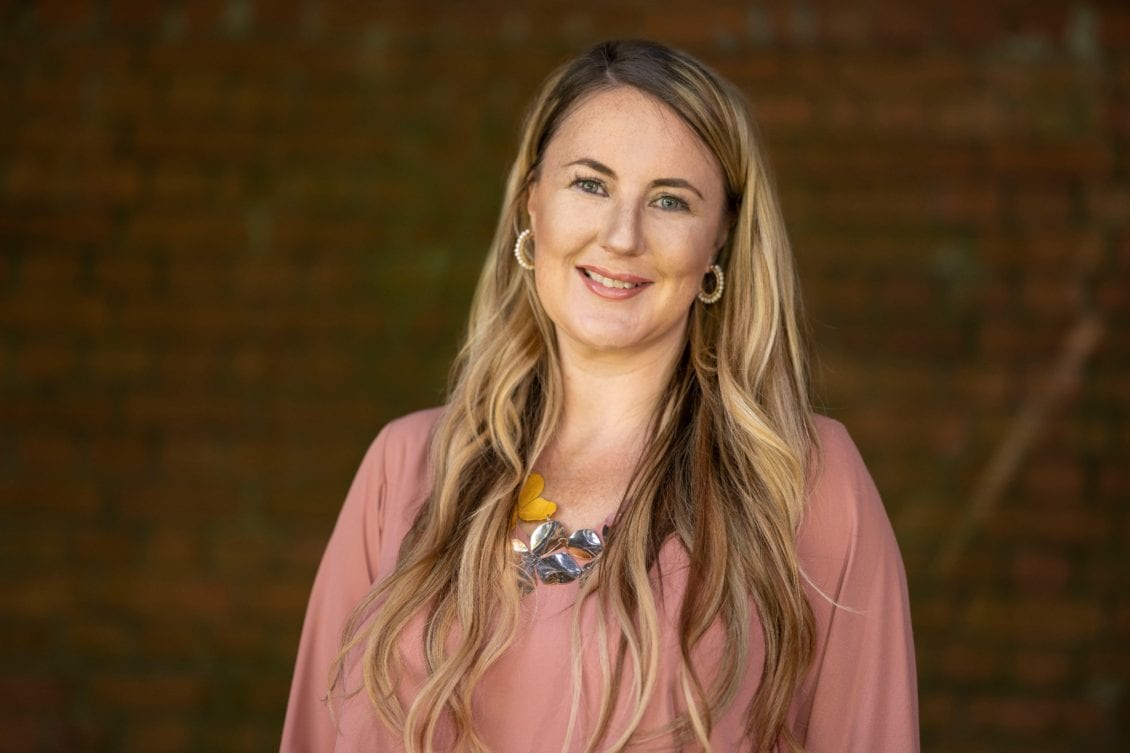Flexible support is urgent and we must consider a shorter working week if we’re to save jobs and rebuild the economy better, says the Future Generations Commissioner.
Sophie Howe and Shavanah Taj, General Secretary of the Wales TUC, have written a joint letter to the UK Treasury this week, urging the chancellor, Rishi Sunak, to consider approaches such as a reduced working week to protect jobs before the furlough wage support scheme ends in October.
Calling for ‘targeted and flexible support’ in the next stage of recovery, to benefit areas of the economy which continue to be heavily impacted by the pandemic, the letter presses the chancellor to launch a job retention scheme that protects jobs and prioritises well-being.
A new model, they say, could combine a shorter working week with continued wage support to rescue jobs in the hardest-hit sectors.
It reads: “We want recovery from the pandemic to support new ways of working that improve well-being, such as a shorter working week which would have a range of benefits including enhancing worker’s work-life balance, improving health, enabling workers to develop skills fit for the industries of the future, as well as supporting the job market.
“Waiting to see how this crisis continues to unfold and allowing businesses and workers to fall off a cliff edge at the end of October will not help us recover.”
The commissioner, who also supports a Universal Basic Income and better connectivity to allow more home working and has urged Welsh Government to prioritise a green recovery, said thinking creatively was crucial as we head into a predicted recession.
Flexibility around working hours could also protect businesses long-term, by allowing them to develop skills fit for the industries of the future.
And it means creating good new jobs, too. Recent Wales TUC analysis shows the government could create 59,000 jobs in Wales in two years by fast-tracking green infrastructure investment.
A shift to a greener economy could create 24 million new jobs globally by 2030, according to the International Labour Organization (ILO).
The Future Generations Commissioner said: “We can’t afford to wait for mass unemployment – we can find a better way to support businesses, save jobs and improve well-being.
“The pandemic calls for new thinking and if we’re going to protect jobs now and in the future, we have to be flexible and accept that we can’t rely on old approaches to fix new problems.
“Remote and flexible working has helped prevent further job losses in lockdown and we have the opportunity to reset our working practices and be ambitious.”
Shavanah Taj of the Wales TUC said: “The UK Government must act now to both protect and create jobs.
“That means building on the furlough scheme by setting up a new job retention and upskilling deal, to keep people employed at firms that have a viable future.
“Young workers, including those entering into the world of work for the first time must have credible futures ahead of them.
“Women workers in retail and hospitality sector have already been hit hard by current round of redundancies. Targeted support is needed now.
“When the crisis began, the chancellor said he would do ‘whatever it takes’. He must keep that promise.”
A company in New Zealand* trialled a four-day working week, where staff worked four, eight hour days but were paid for five, and reported increased productivity, with 78% of employees feeling they were able to successfully manage their work-life balance.
Analysis from the University of Massachusetts* argues that if we spent 10% less time working, our carbon footprint would be reduced by 14.6%, meaning a full day off a week would reduce our carbon footprint by almost 30%.
The commissioner, whose Future Generations Report published in May recommended a reduced working week, added: “While a shorter working week could retain jobs in the shorter term it could also make a huge improvement to the way we live in the longer term.
“Giving people back just eight hours a week could allow them the chance to improve their skills, to support individuals and communities through volunteering, take exercise and spend more time with children and families. We know that all of these things make a massive difference to both individual and community health and wellbeing.
“We also know fewer cars on the road is not only better for the planet but could help protect us from disease thanks to reduced stress and cleaner air.
“We have to take the learnings both from Covid-19 and the climate crisis and put them into action, now.
“Changing the way we approach work has the potential to not only improve the way we live today – it could save jobs and ensure there are more opportunities for our children and grandchildren.”









Leave a Reply
View Comments